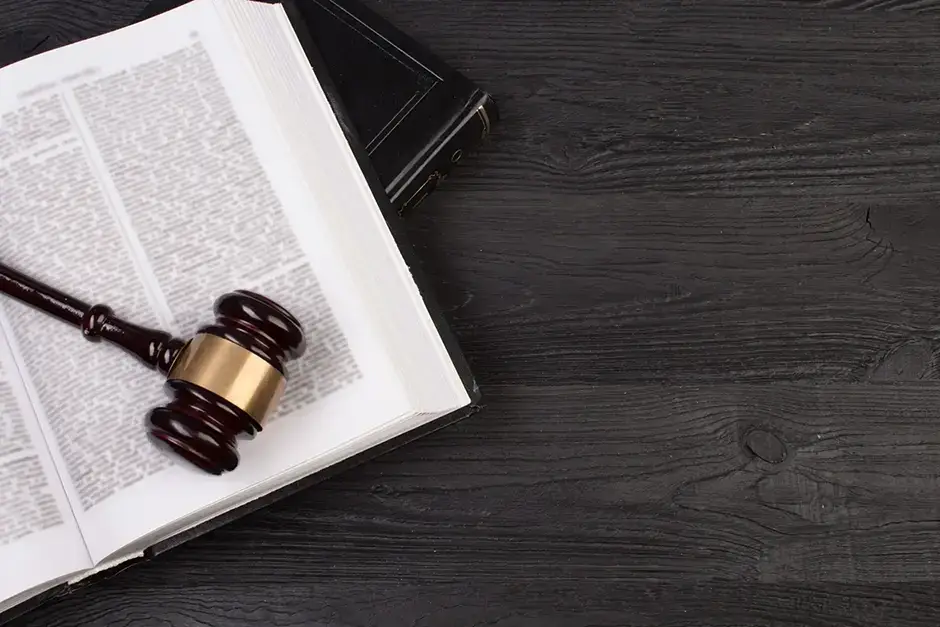After an injury caused by another party’s negligence, the victim may have the right to pursue compensation for the harm done. As part of the claim process, the injured party and their attorney will need to establish that the liable party committed a negligent act. The reasonable person standard sets a legal benchmark that lays out the expected behavior and care a normal person would exhibit under the same circumstances. Showing that the liable party violated that standard of care is a key part of establishing a personal injury claim.
The Reasonable Person Standard: Defined
The reasonable person standard is a legal benchmark used to determine the liability of the negligent party in personal injury cases. It notes that everyone has an understood duty to act in a way that will not cause harm to others. When an individual violates that duty and their actions lead to the injury of another party, that person may bear legal liability for the incident. In evaluating injury claims, lawyers will often look at whether the liable party behaved outside the reasonable person standard.
The “reasonable person” is a construct that references a person of average knowledge and caution. A lawyer will suggest that a reasonable person, under the same circumstances, would not have behaved in the same way as the defendant due to a general sense of care for others around them.
Using the Reasonable Person Standard in Personal Injury Claims
The reasonable person standard can be applied to many personal injury claims, regardless of whether a specific law exists against the defendant’s actions.
Car Accident Claims
Car accident claims often hinge on a violation of the law. Actions like texting and driving or driving while intoxicated are illegal in most if not all states, and the defendant may bear liability for an accident caused by these behaviors. On the other hand, some negligent actions behind the wheel may not have specific laws against them, such as:
- Driving after taking an over-the-counter medication that causes drowsiness
- Driving while exhausted
- Driving after consumption of alcohol that leaves the drinker’s blood alcohol content less than .08 percent
A reasonable person would note conditions that made it difficult for them to control the motor vehicle safely and choose not to get behind the wheel, even though the law may not specifically lay out criminal consequences for those specific actions.
Premises Liability Claims
Both public and private property owners bear a duty to the visitors to their property. They are expected to keep their properties free of hazards and to inform visitors about potential dangers. For business owners, that may mean closing off areas that could be unsafe for visitors or employees and taking care of needed upkeep as soon as possible. For homeowners, that duty may mean warning visitors about hazards on the property or keeping dangerous animals shut up where visitors cannot inadvertently encounter them. However, while there are legal standards for employee safety and general property safety requirements, the law does not specifically lay out every action property owners must take.
If an injury occurs, the court may apply the reasonable person standard to better define the actions the property owner should have taken. For example:
- Cleaning up spills promptly
- Taking care of damage to the property immediately
- Putting up warning signs about dangerous areas
- Closing off areas like swimming pools that could be considered an attractive nuisance so they cannot be accessed by children and pets
- Avoiding the creation of unnecessary hazards
- Keeping fire exits clear
While business owners may be held to higher standards, private property owners must also exercise reasonable precautions to avoid injury to another party. Failing to do so leaves people open to premises liability claims.
Employers
Employers are expected to take all necessary steps to help their employees avoid the risk of injury, from providing them with mandated safety equipment to ensuring that they work under reasonable conditions. When workplace injuries occur despite the employer’s precautions, employees can file a workers’ compensation claim. In cases in which the employer behaves negligently toward the employees, on the other hand, workers may have the right to file a claim against the employer directly. Reasonable employers should, for example:
- Supply safety training
- Maintain safety standards, including the conditions under which an employee can work
- Protect employees from general dangers, including security hazards
Employers who fail to behave in a reasonable manner can cause severe injury to their employees. Employers in dangerous fields, including construction, may need to act more carefully to protect their employees and reduce the risk of injury.
Evaluating the Reasonable Person Standard in Injury Claims
While the court holds that reasonable parties will follow the law of the land, there are many cases in which the law may not lay out clear, specific details that the individual must follow. However, the reasonable person standard assumes both a minimum standard of care and effort to avoid injury to others and the average knowledge expected of someone in that position.
For example, an experienced construction foreman could reasonably be expected to know how frequently used equipment on a construction site works, so if that foreman allows unsafe use of the equipment or fails to require workers to use needed safety gear, they likely violated the reasonable person standard. On the other hand, an average person on the street likely will not have the same level of knowledge, which means that they might not have to meet the same standard of care.
Evaluating and establishing the reasonable person standard can prove complicated, especially if it is unclear how a reasonable person might have behaved or if there is no clear law that lays out those standards. Working with an experienced lawyer is essential to establishing liability in personal injury claims and pursuing the compensation the injured party deserves.





